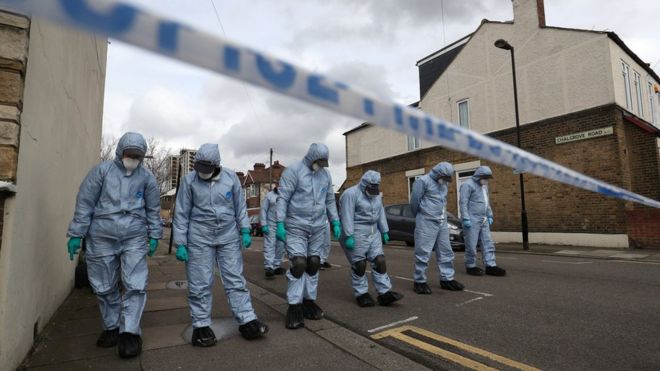Police cuts across the UK have been an increasingly discussed issue across the last year. It is one that has also become increasingly politicised with the Labour Party frequently attacking Tory austerity policies that have led to a 20% cut in funding between 2010 and 2017. Rising crime rates alongside recent terrorist attacks such as the Manchester bombing and London Bridge attack have raised serious concerns about the implications of such cuts. It has also damaged the reputation of the Conservative Party, which has always tried to present itself as the party of security.
This effects of rising crime have been particularly prevalent across Leeds and Manchester. Whilst police reports from 2017 show a 20% rise in violent crime nationwide, West Yorkshire saw an increase of 40% with Greater Manchester seeing a massive 61% rise. In fact, people in Greater Manchester are more likely to be victims of crime than anywhere else in England and Wales. And yet the government continues to insist that police cuts aren’t the problem, despite the leaking of a Home Office report earlier this year stating that cuts to officer numbers ‘likely contributed’ to the rise. However, whilst there is a correlation between areas losing the highest proportions of funding and rising crime rates (Greater Manchester ranked 6thin terms of areas which have lost the highest proportion of police officers), it isn’t always direct. As a Home Office report on tackling the problem showed, ‘forces with the biggest falls in police numbers are not seeing the biggest rises in serious violence.’ So if police numbers aren’t the whole story, what else is fuelling this crisis?
Unfortunately, the underwhelming answer is that no one really knows. In Amber Rudd’s crime strategy report published in April, analysis of changing crime rates suggested that the lack of deterrence provided by fewer police officers was not a catalyst, but gave no suggestions as to definitive causes. Although calls were made for emphasis on prevention and diverting young people from violence there has been little but lip service when it comes to policy. A senior Scotland Yard official has spoken on the need for radical ‘societal change,’ but these kind of calls are useless without coherent and well-funded strategies. The recent increase in stop-and-search powers for police in London, a notoriously racially biased policy likely to increase resentment between police and communities, does not represent the kind of changes needed if societal change is the goal.
There is merit in the idea that crime increases aren’t a policing-only problem, however, they are a funding based problem. The deterrent of a well-staffed and well equipped police force is never going to eradicate crime. However, with acknowledgement by the government that directing young people away from crime is as important as strong law enforcement, the funding cuts in this area are just as stark. Spending on children and young people’s services have been cut by hundreds of millions of pounds in the last six years and this year has seen an impending crisis as financially-stretched councils across Yorkshire are projected to overspend by over £34 million purely on services for vulnerable and at-risk children. If the government continues to claim that this is not a policing problem, it is time they redirect funding into these essential local services.
The effects aren’t just seen in rising crime but the way that crime is dealt with. Across Manchester, people have voiced concerns that their complaints aren’t being seriously dealt with by police due to lack of resources. Victoria Wood’s 12-year-old daughter suffered a filmed attack in Oldham but was told by police that pursuing it wasn’t cost effective. Another mother reported the blackmailing of her 13-year daughter to send lewd images of herself, and police repeatedly canceled follow up visits as she continued to be threatened. These incidents are damaging to individuals and communities, rocking their faith in public institutions, only exacerbating the problem.
We cannot afford to let this state of affairs continue. Funding is desperately needed just for local councils to stay afloat. Police must be properly funded, as well as filling gaping holes in critical frontline services such as mental health and adult social care. This is a just another in a long list of the failures of austerity, and one with increasingly deadly consequences.
Megan Houston
(Image Credit: BBC News)

